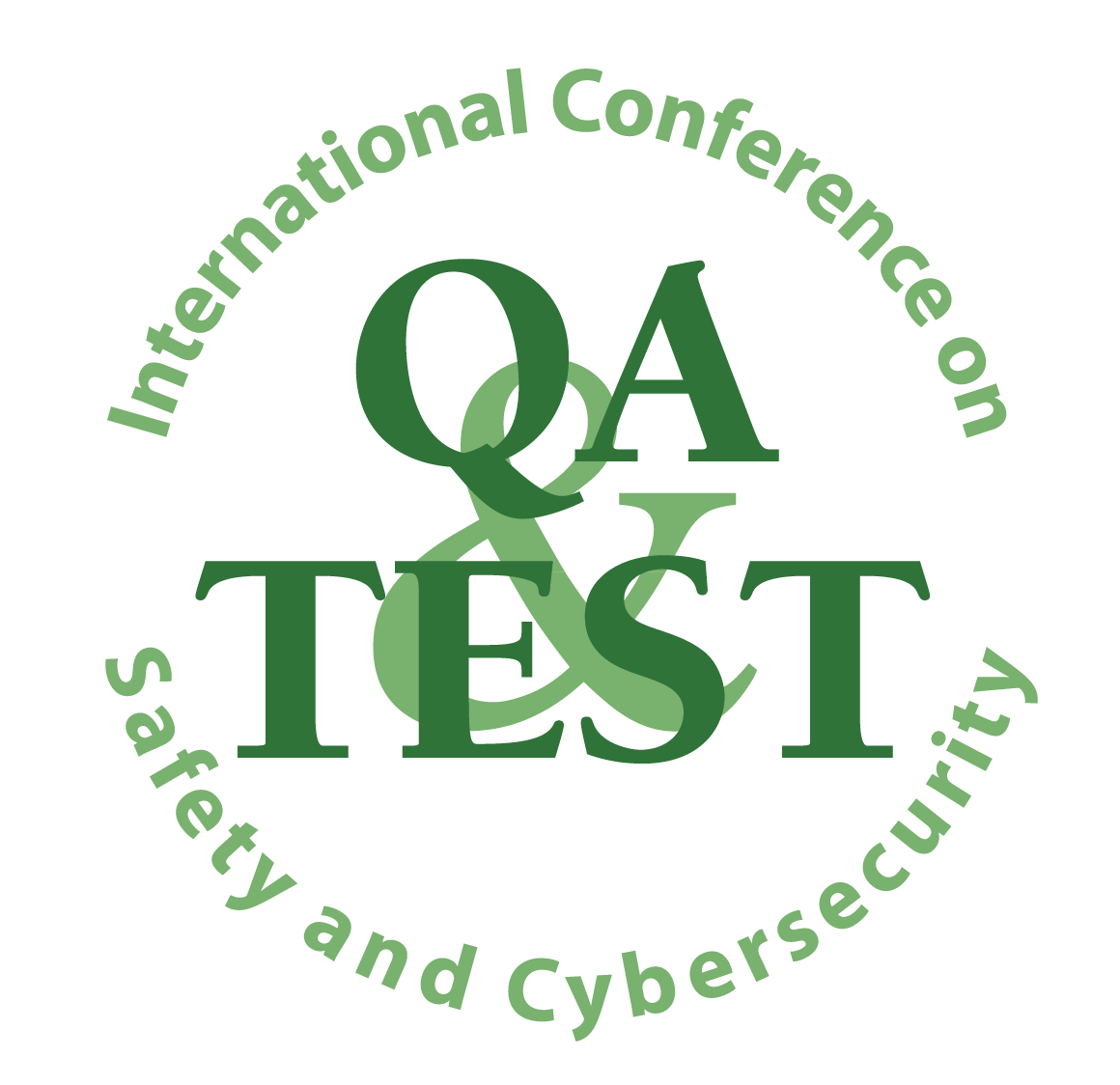Armando Sánchez
GMV (España)
Safety and Security for High altitude UAV Concept of Operations
Pseudo-satellites are unmanned aerial platforms flying at an altitude of 20 km or above, in the region known as stratospheric airspace. This region is particularly interesting for long term operations due to the absence of meteorological phenomena and the high atmospheric stability. It poses a series of advantages with respect to its space and lower altitude counterparts, like more persistent operations as they can continuously fly over the same region for longer time intervals.
This region of the atmosphere has remained largely free of operations until these past years, when the industry is starting to devise new vehicles to take advantage of it to provide services. This interest is expected to reach high occupation, standing out for the presence of very diverse new actors, in the frame of New space.
New approaches to control large fleets of these vehicles have arisen, but they need to overcome a series of challenges to ensure successful operations.
This work presents the study of the safety and security aspects of the operations of stratospheric platforms constellations. The assessment is conducted according to Eurocontrol Safety Assessment Methodology (SAM). This has led to the identification of relevant mitigation means and safety requirements that need to be achieved to assure an acceptable level of risk, as well as the main Security threats that could impact the safety of operations.

Armando Sánchez works as a Space Systems RAMS Engineer at GMV.
A year before he finished his master’s degree in Aeronautics specialized in Space Systems, he began to get involved in projects in the Space Industry, with an internship as a satellite systems engineer.
Since then, he has worked in several projects, both referred to the space and ground segments, always participating from a system level perspective, due to his interest and curiosity on the technologies and solutions used to overcome the challenges faced by this sector. Since very early in his career, he started to manage the RAMS activities of large space projects, and currently is focused mainly on GNSS systems.
His first contact with Safety was his master thesis, “Safety Assessment of the Concept of Operations for Pseudo-Satellite Constellations”, which addresses the regulatory challenges of the operations of high-altitude platform systems, by defining and analysing a series of safety functions and goals, providing a series of mitigation means to ensure its feasibility.




